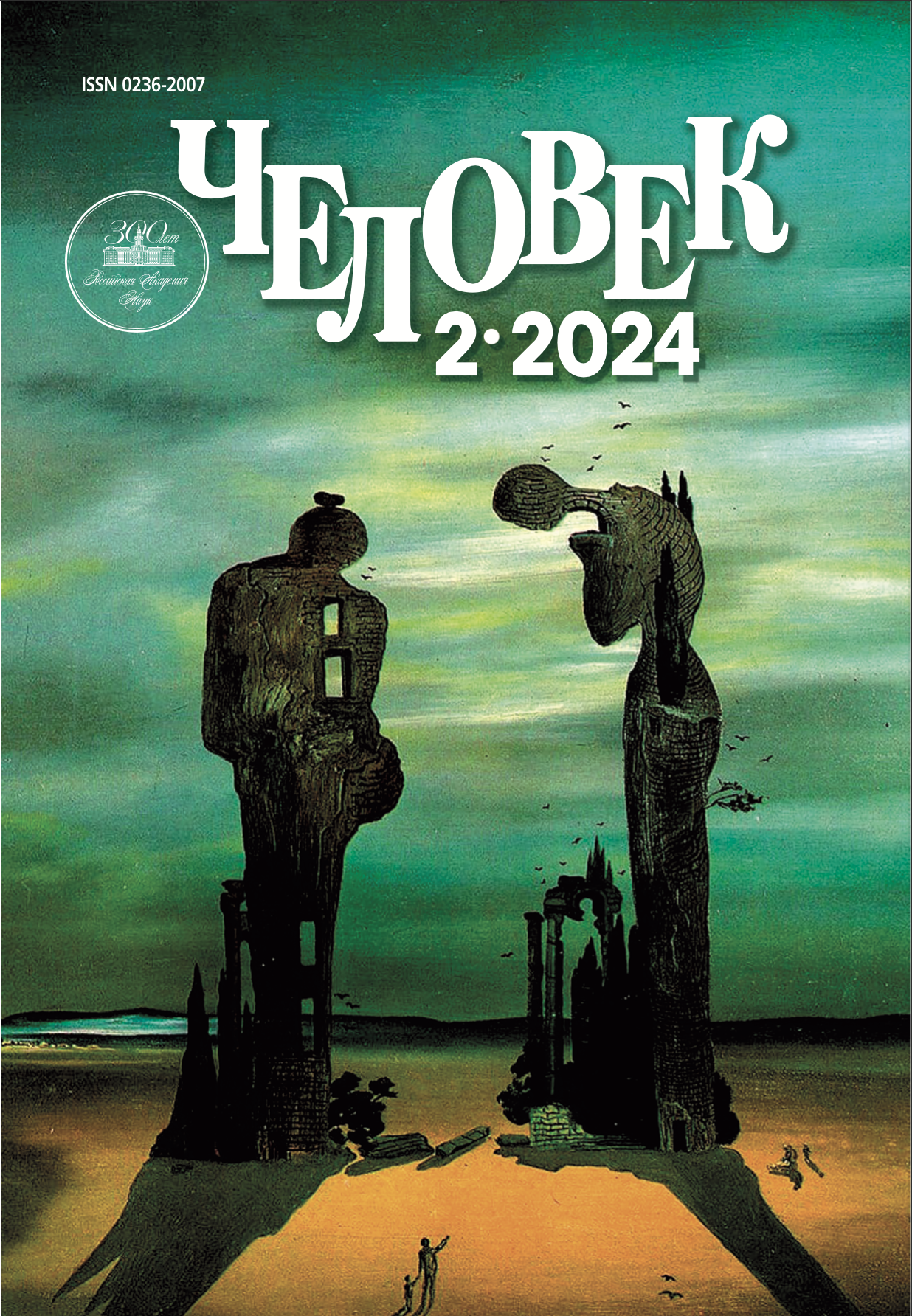On the Anthropology of Luck: Objects of Moral Responsibility and the Morality of Chance
DOI:
https://doi.org/10.31857/S0236200724020067Keywords:
moral luck, control, resultant luck, responsibility, mental elements, willings, actionAbstract
The article examines one of the concepts of a consistent theory of morality — moral luck. It occurs when a person's moral standing is determined by factors beyond his control, or, in other words, by luck. However, all actions and their consequences are, to one degree or another, determined by such factors. In this aspect, moral luck is opposed to moral responsibility and disrupts the natural practice of human interrelationships. The problem arises: how can one be praised or blamed for certain actions or their consequences if they are partially or completely independent of his individual choice? This article is devoted to consideration of this problem. On the one hand, it argues against resultant moral luck — the kind that is associated with the results of actions. To complete this, the “control principle” and the nature of human action are analyzed. On the other hand, arguments are defended in favor of the significant importance of considering the factor of moral luck for the actualization of people's moral behavior.






